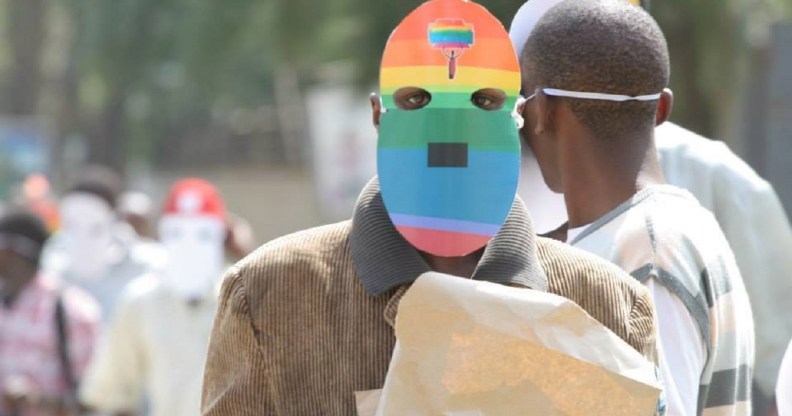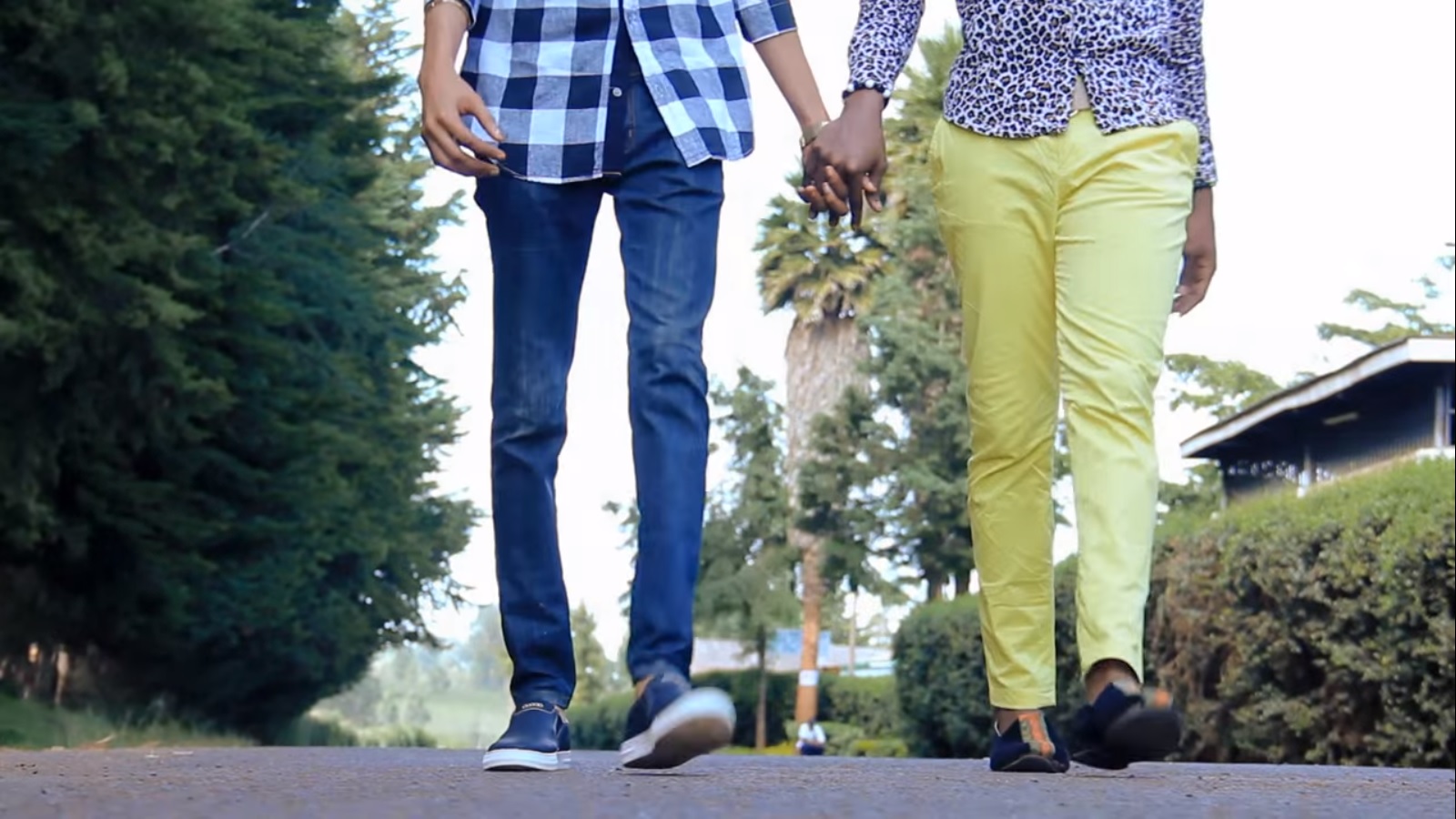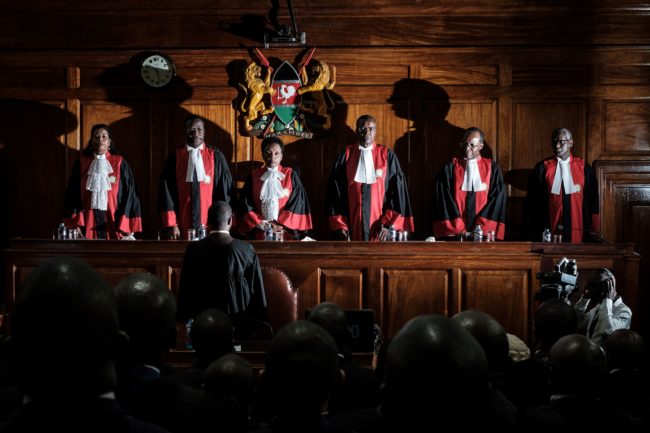Kenyan High Court debates decriminalising homosexuality in landmark case

After Britain outlawed homosexuality in its penal code in 1897, the issue has caused problems for post-colonial nations like Kenya.
Although it is legal to have same-sex relations in the UK, as well as to have a same-sex marriage and adopt as a same-sex family, its anti-gay heritage has affected post-colonial countries like Kenya, where being gay can land you up to fourteen years in prison.
But as a landmark case comes to court after a two-year battle, the Kenyan High Court is debating whether or not to legalise same-sex relations.
The case, which was first filed in 2016, aims to challenge the discriminatory sections Kenyan Penal Code that criminalize same-sex relations between adults.
Filed on Thursday, a group of human rights lawyers under the organisation the Kenyan National Gay and Lesbian Rights Commission (NGLHRC) has argued against the sections of the Kenyan Penal Code that criminalize consensual same sex relations between adults – and will await a group of the highest judges in the country to make a decision on the decriminalisation of homosexuality.

“The ruling is important because the continued existence of laws that criminalize consensual same sex relations in Kenya allow for the continued discrimination, harassment and violence of the LGBT community. Laws like this label the LGBT community as criminals, when in fact they are not,” said said Kari Mugo, the Operations Manager of NGLHRC, to PinkNews.
Since the organisation formed in 2014, it has recorded 1,000 incidents of violations against LGBT people since 2014 — ranging from murder to mob violence, rape, blackmail and extortion.
“We receive cases of women who have been brutally beaten and raped because their family or neighbours found out they were lesbian,” said Eric Gitari, Executive Director of NGLHRC, and the main petitioner in the case.
“There are incidents where individuals go to the police seeking help only to have the police attack them. In one such case where our client tried to report a robbery, he was pushed into a cell by police officers, forcibly undressed, beaten, choked and had his hair shaved and burnt off because he ‘was dressed very gay.’ These are not the national values Kenyans aspire to,” he added.
The group have argued, in a comprehensive document that is thousands of pages long, that the criminalisation of same-sex relations is against the country’s constitution, which was introduced in 2010.
“In 2010, Kenya promulgated a beautiful constitution that ushered in a new era for its people, this constitution represents the will of the people to live in a fair, just, and free country,” said Mugo.
If the ruling goes ahead, Kenya will become the first East African country to decriminalise homosexuality.
“A positive ruling would affirm to LGBT Kenyans that they live in a country that values and protects them rather than inflicting harm. It would also encourage LGBT people to pursue justice when they have been victimized and to continue to push for inclusion in the spaces they occupy.”

(YASUYOSHI CHIBA/AFP/Getty Images)
“We are hopeful that a positive ruling would be a beacon of hope for LGBT rights groups in the region and would signal a change in the way Africa will treat sexual and gender minorities going forth.”
Although the landmark ruling would be revelatory for the country, there are still leaps and bounds for the nation to go in order to achieve full equality.
Among a spate of other battles, the group hopes to debate the existence of anal examinations in court.
The procedure, which sees doctors analyse the anal cavity to see if a man is having sex with another man – is still legal in Kenya.
“A case challenging the use of forced Anal Examinations Case, brought by two petitioners, supported by NGLHRC, challenging the practice in collecting evidence used to charge them in court. This case failed in the first instance is currently being appealed. The judgement is expected on 15 March,” they added.
Dating back to colonial law, Britain imposed a ban on homosexuality in its 1897 penal code, which makes a vague reference to “carnal knowledge against the order of nature” and “gross indecency.”
A 2014 parliamentary report found that between 2010-2014, the Kenyan government prosecuted 595 cases of homosexuality, reported CNN.

